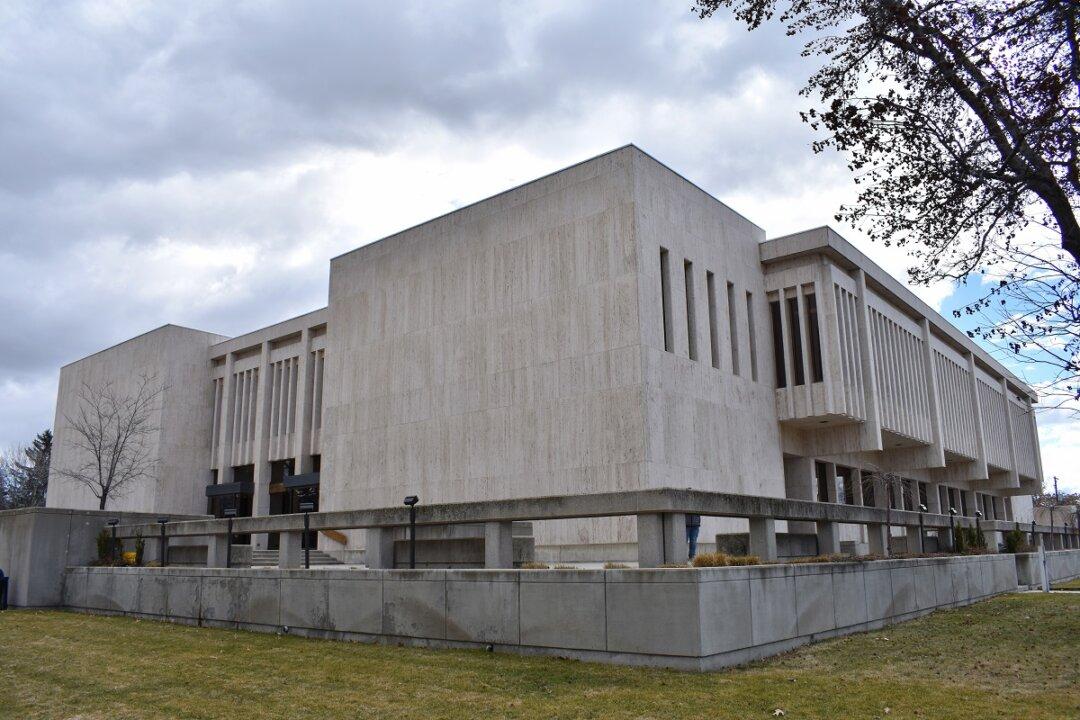The Supreme Court of the State of Idaho unanimously ruled this week that the state’s new statute governing citizen-initiated ballot initiatives is unconstitutional because it infringes on the public’s right to enact laws without the participation of the state Legislature.
The decision came Aug. 23 in the case known as Reclaim Idaho v. Denney, dockets 48784 and 48760. Lawerence Denney is Idaho’s Republican secretary of state.





